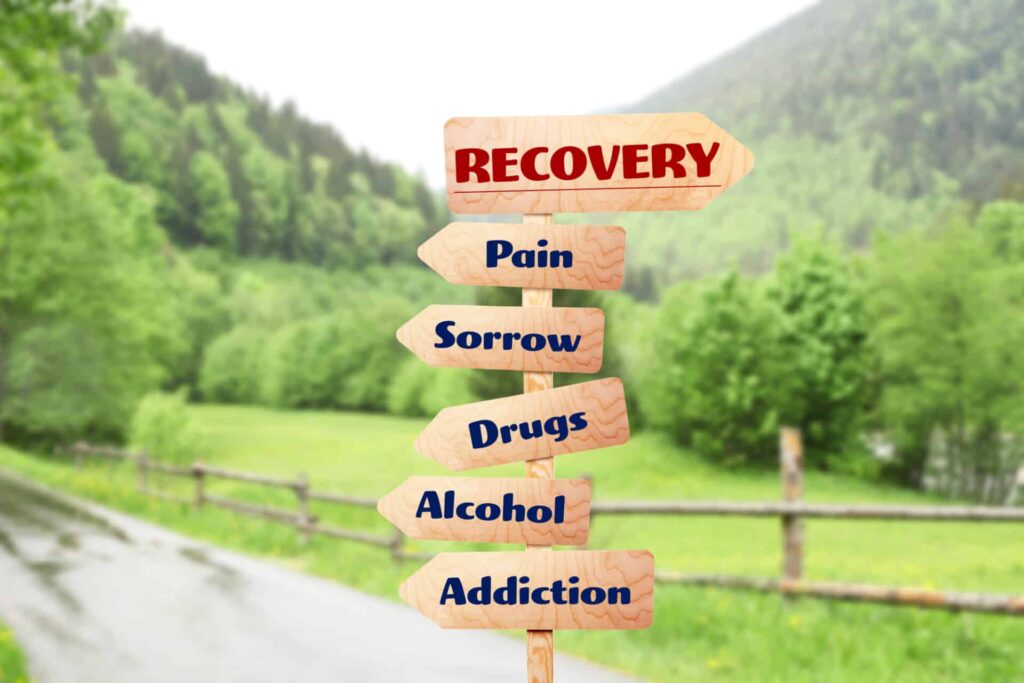Recognizing Dependency Therapy: Discovering Efficient Programs for Alcoholism Healing and Mental Health Support
Starting the trip toward healing from alcohol dependency includes an extensive strategy that addresses both the physical and psychological aspects of dependence. Simultaneously, psychotherapy and medication-assisted therapies are tailored to alleviate the underlying mental health concerns, frequently linked with dependency.

The Function of Medical Detoxing in Managing Alcohol Withdrawal
Clinical detoxing plays a vital role in the administration of alcohol withdrawal, offering as the initial action in the journey in the direction of recovery. This process carefully keeps an eye on and deals with the severe physical signs and symptoms of withdrawal that happen when an individual stops consuming alcohol. The primary goal is to maintain the client physically and alleviate prospective health and wellness threats linked with withdrawal, such as seizures and delirium tremens.
Physician commonly administer medications to reduce signs and symptoms, manage discomfort, and avoid problems. The regulated environment makes certain safety, addresses dietary deficiencies, and prepares individuals for the following phases of dependency therapy. Successful detoxification is important, as it creates the foundation for more therapeutic interventions, concentrating on lasting recovery and relapse prevention.
Psychiatric Therapy Techniques for Dual Diagnosis Therapy
Integrative methods, integrating elements from different healing modalities, dressmaker treatment to specific needs, improving the performance of twin medical diagnosis administration (fentanyl addiction treatment). Through these psychotherapeutic approaches, people gain insights right into their addicting habits and mental wellness concerns, cultivating an alternative healing procedure and dramatically improving their high quality of life.

The Importance of Medication-Assisted Therapy (FLOOR COVERING)
Floor covering utilizes FDA-approved drugs, such as naltrexone, buprenorphine, and methadone, to support brain chemistry, block the euphoric effects of alcohol, and alleviate desires, leading the means for a lasting recovery. By supporting the organic basis of dependency, Floor covering addresses the extensive health and wellness requirements of individuals, helping with improved outcomes in healing programs.
Incorporating Holistic Therapies Into Alcohol Dependency Recuperation
Although Medication-Assisted Treatment (MAT) is essential, incorporating alternative treatments can dramatically improve the recovery process for those battling alcohol dependency. Alternative treatments include a range of non-medical healing methods that focus on recovery the mind, body, and spirit. These may consist of get more yoga exercise, reflection, acupuncture, and art therapy. Each of these practices intends to enhance mental health and wellness, reduce anxiety, and improve total well-being, therefore supporting the emotional and mental facets of healing. By incorporating such treatments, therapy programs can offer a much more comprehensive technique that not only addresses the physical symptoms of addiction but likewise cultivates internal peace, self-awareness, and emotional resilience. This assimilation helps individuals establish healthier coping mechanisms and a more powerful structure for lasting sobriety.
Browsing Support Solutions and Community Resources for Continual Healing
After resolving the person's all natural demands in alcohol dependency recovery, interest should also be offered to exterior factors that add to sustained sobriety. Support systems and community resources play essential duties in this stage. Effective healing programs emphasize the significance of constructing strong networks, which can include support system like Alcoholics Anonymous, family involvement, and recuperation coaching. Area sources such as sober living setups and local mental health solutions offer sensible support and a safety and security internet during vulnerable times. Engaging with these sources urges liability, minimizes feelings of seclusion, and improves strength against relapse. Continual recuperation is therefore seen not just as a person's journey yet as a community-supported procedure, fostering an atmosphere where constant recovery is nurtured and commemorated.
Final Thought
To conclude, reliable alcohol addiction healing programs include a multifaceted method that includes clinical detoxification, psychiatric therapy, and medication-assisted treatment. Integrating holistic therapies and leveraging assistance systems additional hints are necessary for attending to both physical and mental wellness difficulties. Such detailed treatment inpatient alcohol rehab not only assists manage withdrawal symptoms but also supports lasting soberness and psychological health, thus boosting a person's capacity to lead a much healthier and much more fulfilling life post-recovery.
Comments on “Medically guided fentanyl addiction treatment requires a combination of medical care.”